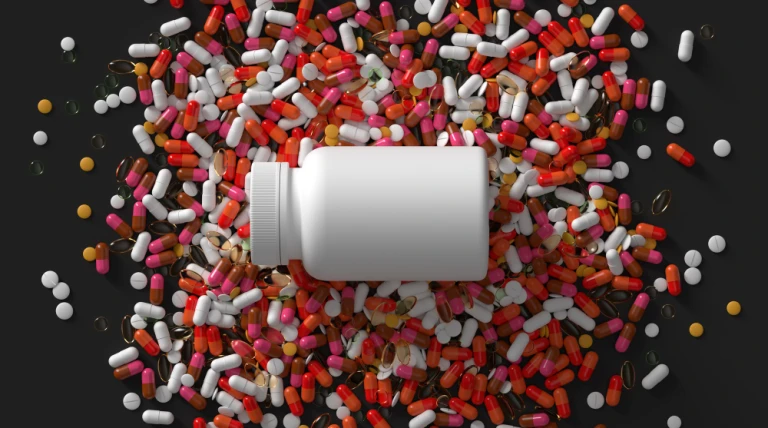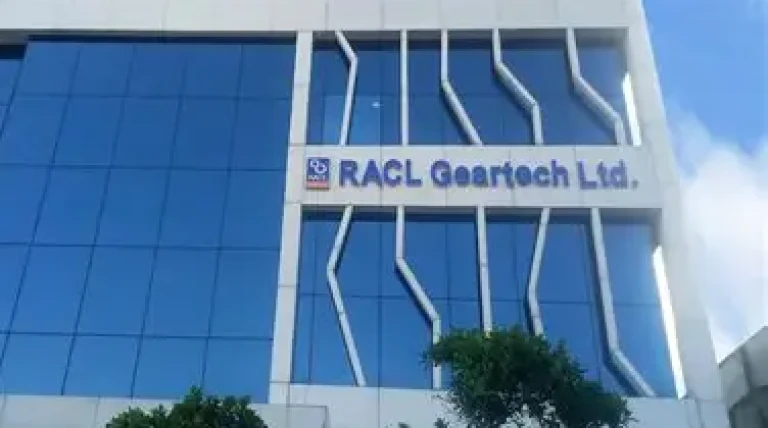Karunesh Remedies is set to broaden its manufacturing horizon with the initiation of a new Bulk Drug and Drug Intermediates Manufacturing Unit located within the GIDC Industrial Estate in Saykha, Gujarat. This strategic expansion is poised to augment the company's footprint in the pharmaceutical sector, particularly in the production of Active Pharmaceutical Ingredients (APIs) and intermediates. Nestled at Plot No. C/256, the facility promises a substantial monthly production capacity of 36.1 Metric Tonnes, marking a significant leap in Karunesh Remedies' manufacturing prowess.
Central to this project is an advanced water management system, designed to ensure efficiency and sustainability in operations. The facility anticipates a daily raw water requirement of 53.0 Kilo Litres, sourced from GIDC, addressing needs across industrial, domestic, and gardening domains. Conversely, the generation of 45.15 KL/day of wastewater is to be managed through a primary treatment facility equipped with a Reverse Osmosis (RO) system, incorporating practices such as the reuse of treated water and collaboration with a Common ZLD (Zero Liquid Discharge) facility for effluent treatment, demonstrating a commendable commitment to environmental stewardship.
Spanning a total site area of 2641 square meters, the project allocates approximately 33% of its premises to the development of a greenbelt, underscoring a commitment to ecological balance and greenery within the industrial landscape. With an estimated investment of ₹4.5 Crore, the initiative not only aims to scale up production capacities but also to stimulate job creation, thereby contributing to the socio-economic fabric of the Bharuch district.
However, to grasp the full scope and impact of Karunesh Remedies' latest venture, additional details are desired. Insights into the specific varieties of bulk drugs and intermediates intended for manufacture would shed light on the project's strategic market orientations. Furthermore, elucidation on waste management protocols, particularly regarding the operational specifics of the Common ZLD facility and the disposal of final effluents, would be instrumental in assessing the project's environmental footprint. Lastly, information on the incorporation of sustainable practices beyond the greenbelt initiative, such as energy efficiency and waste minimization techniques, would offer a holistic view of the project's alignment with sustainable manufacturing principles.
News by Rahul Yelligetti
![{[setting('site_name')]}](https://projxnews.com/uploads/setting/16983847711140531930.webp)












